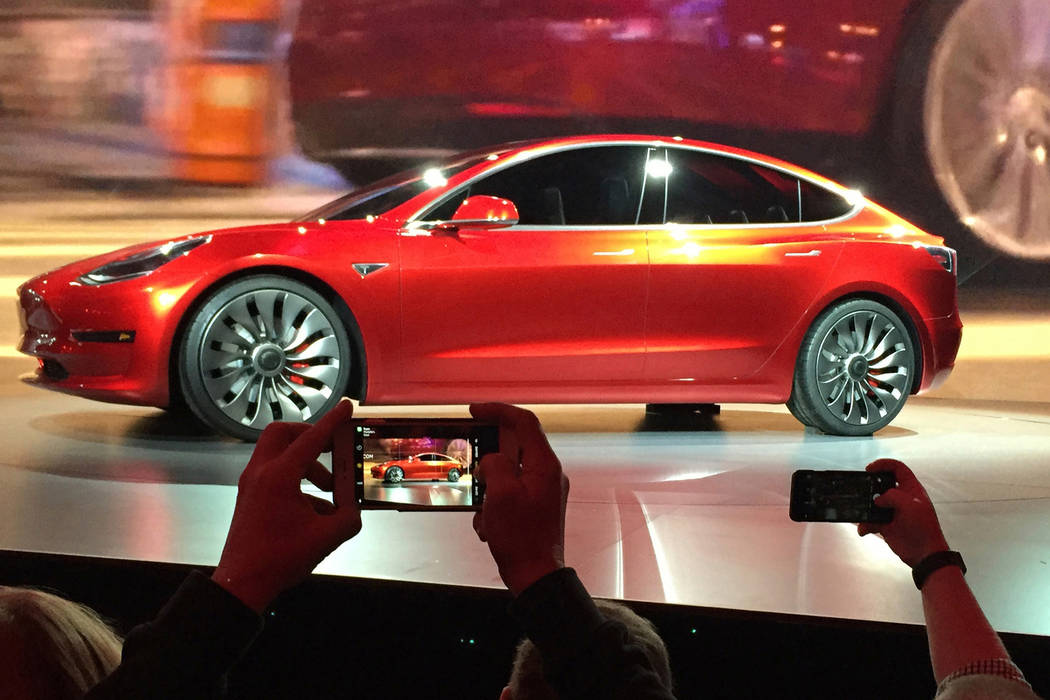EDITORIAL: Congress should pull the plug on electric vehicle subsidies
Politicians have a well-known and destructive addiction to spending other people’s money. Less well-known is corporate America’s similar dependency, enabled by those very same elected officials.
Take General Motors.
GM CEO Mary Barra has taken heat after announcing the automaker intends to close a number of U.S. factories and cut thousands of jobs in order to shift focus from traditional cars to green vehicles. The potential job losses angered President Donald Trump, who last week lashed out at Ms. Barra and threatened to cut government aid to the company.
In response, Ms. Barra recently made the rounds in Washington and beefed up GM’s lobbying presence to head off retribution.
At issue is the $7,500 per vehicle handout the government offers to buyers of electric vehicles, which has cost federal taxpayers $40 billion since its inception during the Obama administration. The subsidy is capped at 200,000 vehicles per manufacturer, but General Motors is nearing the limit, as is Tesla. And now that GM has opted to turn its energies away from the internal combustion engine, expanding the subsidy would go a long way toward enticing drivers to buy the company’s future products.
This is textbook crony capitalism. Why is it the government’s business to make a private company’s output more attractive in the marketplace?
Ms. Barra’s reaction is understandable, but it highlights the dangers taxpayers face when big business cuddles up with big government. Nor is this just about General Motors, whose Chevy Volt — now discontinued — was a big money loser. Tesla has long kept itself afloat through green handouts. Other auto manufacturers have also eagerly sidled up to the trough.
But here’s the dirty little secret: Despite all the hype, plug-ins remain expensive and represent less than 1 percent of the U.S. market. In addition, electric vehicle subsidies primarily benefit wealthy buyers and the automakers. A recent study by the Pacific Research Institute found upper-income households claimed 99 percent of the tax breaks for purchasing electric cars.
It’s time to wean automakers and the rich off this wasteful handout. If the future is green, let manufacturers convince consumers of the value of their products, rather than rely on government subsidies to artificially suppress costs, distort the market and gin up sales.
One would think there would be bipartisan support for such an approach. As proponents of fiscal responsibility, many Republicans oppose subsidies. Most Democrats, meanwhile, have whole volumes in the playbook about the evils of corporate welfare and the need for the rich to pay their “fair share.”
Let GM and other automakers compete on this front. It’s time for Congress to pull the plug on this subsidy.




























